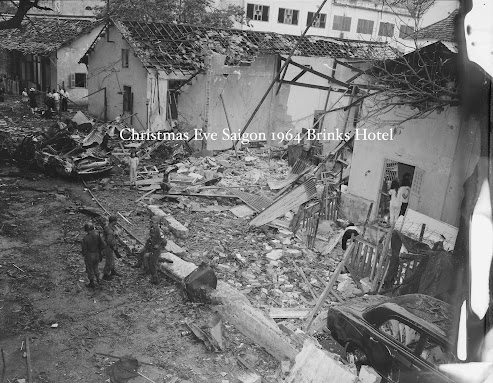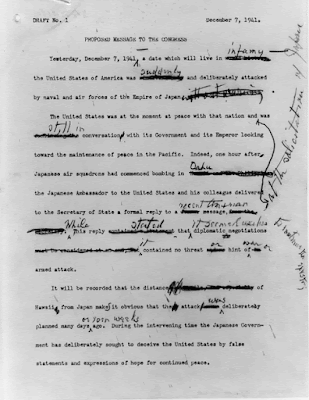Defendant established its entitlement to summary judgment dismissing the complaint, as it articulated a legitimate, nondiscriminatory reason for firing plaintiff from his employment as a cleaner, namely, plaintiff's unsatisfactory work performance and his failure to improve despite multiple warning letters. Defendant submitted tenant complaints regarding the uncleanliness of the bathrooms and the warning letters it issued to plaintiff about his poor performance, supporting its claim that plaintiff was terminated not because of his age, but because of his failure to adequately perform his duties. As further evidence that plaintiff was not fired because of his age, defendant showed that it did not fill plaintiff's position after he was terminated but outsourced his job duties to a third-party cleaning service.
In opposition, plaintiff presented no evidence tending to show that the tenant complaints or the warning letters were inaccurate, much less designed to supply a pretext for age discrimination. Nor does plaintiff show how defendant's failure to give him vacation wages before his vacation was to begin supports a finding of pretext under the circumstances. In addition, plaintiff's assertion that defendant failed to sufficiently warn him about his unsatisfactory job performance is undermined by his own testimony that he saw the letter that suspended him for three days based on tenant complaints regarding his job performance.
The two isolated comments made by plaintiff's supervisor about his intent to retire were merely stray remarks that, without more, do not constitute evidence of discrimination. Even if these remarks suggested bias, defendant established that the supervisor was not involved in the decision to terminate plaintiff's employment, and had no power to hire, fire, or discipline him.
Ahmed v. West 46th St. Mgt., LLC, NY Slip Op 06417 (1st Dep't November 15, 2022)
Here is the decision.











